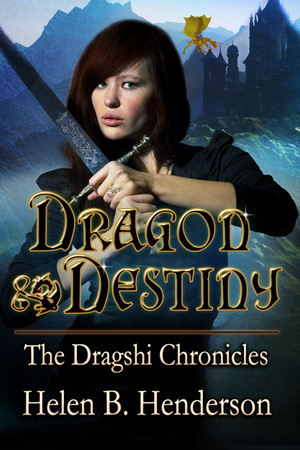It's Friday! time again for a challenge post. This week's topic had me spinning the decision wheel again. What have I learned from research?
 First off, research for what book? Do I want to discuss insights derived from the creation of the local history books I wrote? They represented decades of research and the information and images covered millennia. Of course, the stories, whether published or to be written, that were set in the old west might be appropriate to use as the focus because they required so much research.
First off, research for what book? Do I want to discuss insights derived from the creation of the local history books I wrote? They represented decades of research and the information and images covered millennia. Of course, the stories, whether published or to be written, that were set in the old west might be appropriate to use as the focus because they required so much research.However, since the challenge is from Marketing For Romance Authors, I will focus on what I learned researching my fantasy books: The Windmaster Novels, The Dragshi Chronicles, and Imprisoned In Stone. I could wax for hours on the gorgeous landscapes of the British Isles and Hawaii that were used as settings. But I won't.
I could write about the re-enactments I attended to immerse myself in a specific time period. Visits to museums or walking archaeological sites, practicing with replicas of ancient weapons, or lying on the floor studying maps of the civilizations long past are all types of research I've done. You might even take lessons to get a feel for a skill or to experience a once commonplace event such as horseback riding.
As you can tell, research can take many forms.
Each project, each book, each author requires different research. It might be street names for a contemporary, period clothing and customs for a historical romance, or projections of what a future world would be like for a science fiction novel. However, there are commonalities that transcend genres that I stress whenever I talk on research.
In her post "The Devil's In The Details," C. S. Lakin tells authors they are the manager of their books. That "you hold the power to guide your readers, managing their attention and memory. By stressing a certain detail or event, you are managing readers by sending the message: 'Pay attention to this. Remember this.'" While the story may mirror real life, your readers will not know which details matter to the story and which are incidental. If you overload readers with stimuli, they won’t know what to pay attention to and what to ignore.
Every editor at some time has held a manuscript that contained excessive, detail. the author had obviously done their due diligence into the historical period and loved it so much they put every single detail into their work.
Description is about drawing the reader in and making them live the story with you. Too much detail strips the reader of bringing their own experience to the story. Having to stop for a history lesson, even one featuring intriguing characters, can pull readers straight out of the fiction.
Sprinkle your details as you would a spice. Not too much, not too little, and blended throughout for a perfect balance.
~till next time, happy researching Helen



















I love the advice of sprinkling the research. !
ReplyDeleteI love what C. S. Lakin says. Your quote about sprinkling details is fantastic.
ReplyDelete